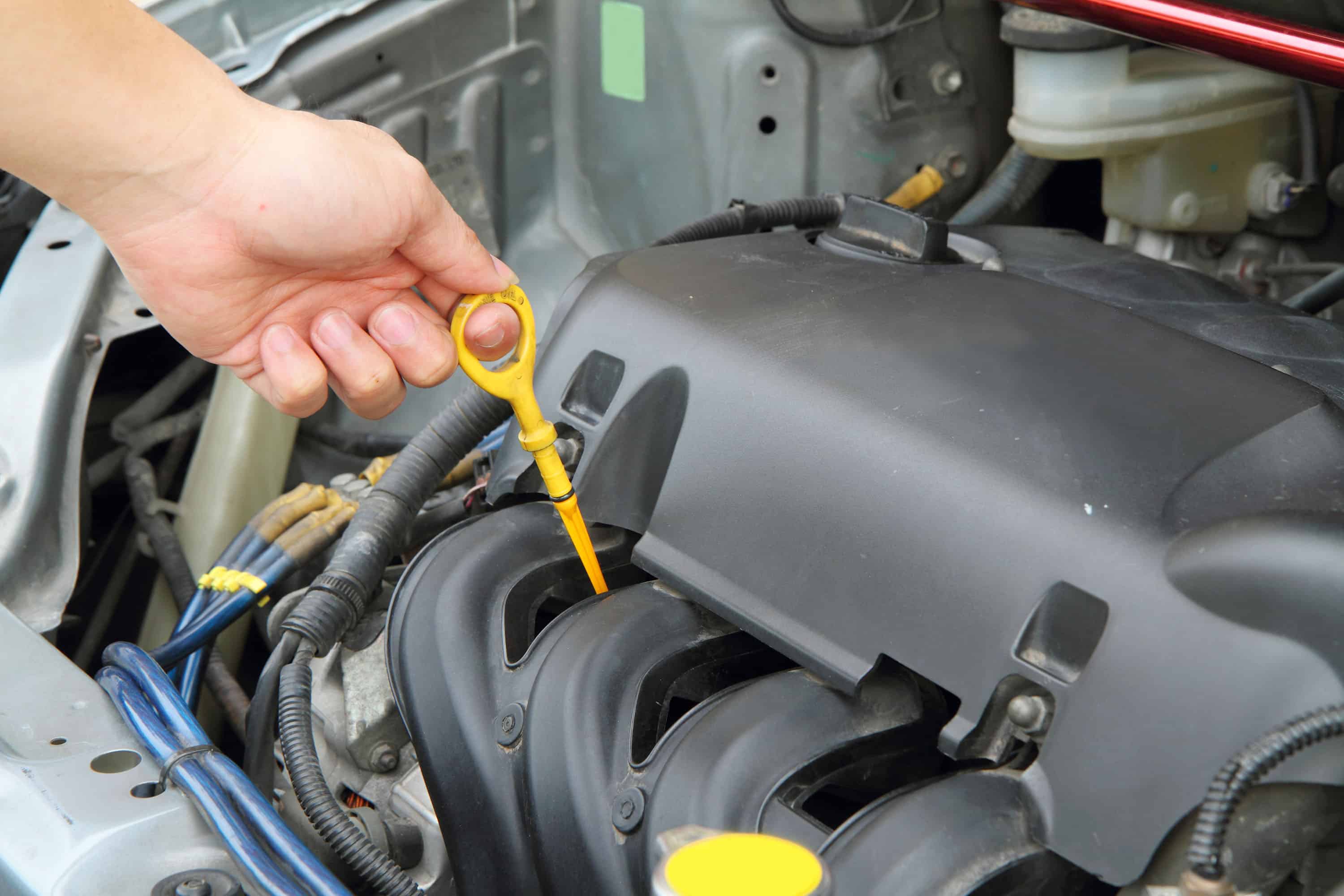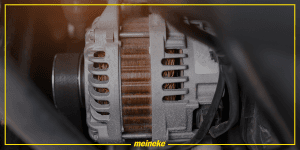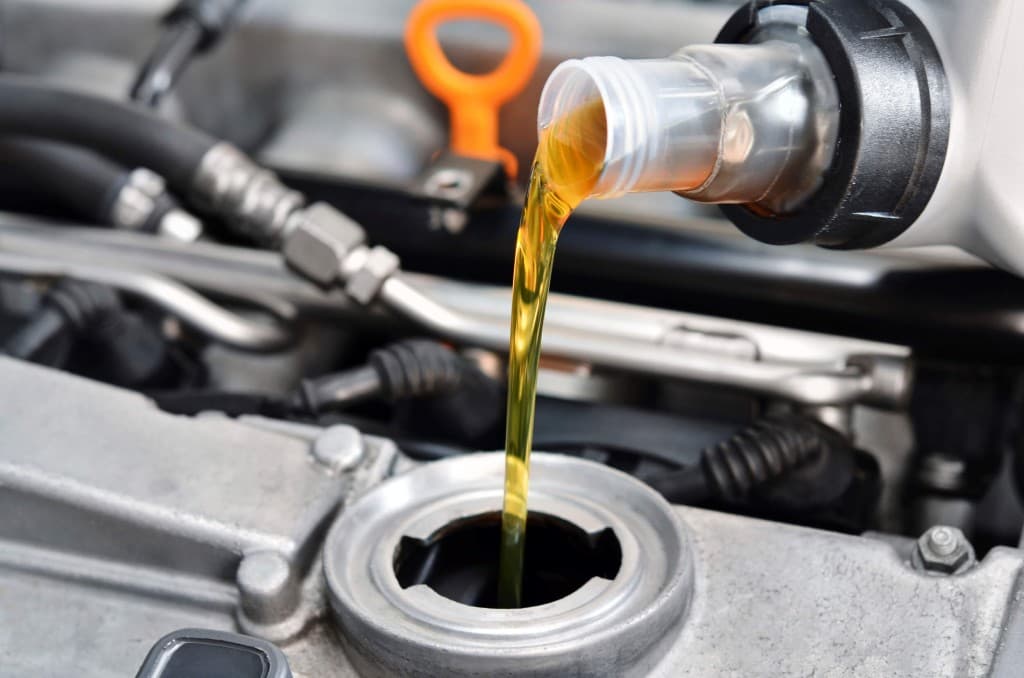
September 20, 2018
Why Is My Car Leaking Oil When Parked?
It is often said that changing the oil is the single most important thing you can do to take care of your car. Nevertheless, it is something that many automobile owners delay---and the results of procrastination can be dire.
The purpose of oil is to cut down on friction within your engine. When you have high quality, clean oil that is doing its job properly, it means the components of your engine are working well without rubbing together and causing corrosion. Over time, though, oil becomes contaminated and loses its viscosity. In a word, it gets dirty. And when that happens, it loses its ability to prevent friction---which means the components of your engine will literally be wearing each other down, causing erosion and potentially significant mechanical failings.
Common Signs of Oil Leaks
One way to know that you've gone far too long without an oil change is that oil is leaking from your engine. One of the most typical signs of oil leak is seeing a puddle of greasy-looking brown liquid under your car, after it has been parked for a while. (By contrast, if the liquid is pink, it's transmission fluid; if it's green or orange, it's coolant.)
However, many vehicles today have shielding underneath, which will most likely catch the oil before it hits the ground. That can hide a potentially major oil leak. In this case, a low oil level indicator will be your sign of leakage.
An engine covered in oil is also a pretty good sign of leakage. Open your hood every once in a while, and check your vehicle's fluids. You will be able to notice if the oil is leaking or seeping from several places. Last, but not least, when oil is leaking, it can get in contact with hot engine surfaces, which means it will burn, and you'll be able to smell it.
But What Causes Oil To Leak, Exactly?
Usually, it is due to degraded engine gaskets or oil seals. Sometimes these components will erode over time, but more likely than not, if you have this kind of leak, it's because you have old, dirty oil---perhaps because you have not had your oil changed recently enough.
Damaged Oil Gaskets or Pans
Your vehicle's oil pans and gaskets can easily be damaged by road debris since they are located at the bottom of the engine. Rough roads can lead to a hole which will cause an oil pan leak. The pan's gasket usually suffers a lot of wear and tear, or it can also get damaged, which leads to an oil gasket leak.
Incorrect Installations
It may happen that one of the gaskets that keep oil inside is Improperly installed. Most commonly, this happens when the oil pan gasket or valve cover gasket are over-tightened. It can also happen when tightness is not evenly distributed. Another reason can be the improper attachment of the oil filter, as the engine oil flows continuously through it, and if it's loose, you can experience a leak there.
Bad Rings or Valve Seals
Leaking rings or valve seals can also be contributing to your car losing oil. However, if there are no holes in your gaskets, the oil will not make it outside the engine, so you won't notice it, as it will get burned up in the combustion process.
Regardless of the specific cause, it is urgent to stop an oil leak, so take your vehicle to the Meineke shop immediately. Following the oil leak, you may encounter the smell of burnt oil, followed by blue smoke and ultimately some major damage to your engine. Do not delay in addressing this issue.



